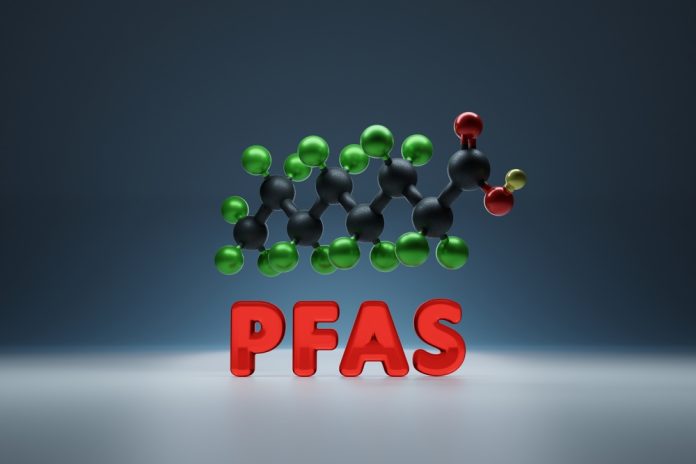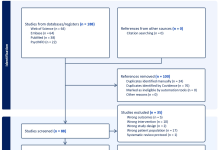A study from the University of Gothenburg suggests that certain commonly used medicines could help the body clear PFAS substances – toxins known as ‘forever chemicals’ – at a much faster rate.
These findings mark a significant step in understanding how to reduce the body’s burden of these persistent pollutants, which have contaminated drinking water in communities around the world.
Although the results are promising, researchers emphasise that the potential health benefits of accelerated PFAS elimination remain uncertain and require further investigation.
What are PFAS?
PFAS (per- and polyfluoroalkyl substances) are a large family of synthetic chemicals used in countless products since the 1950s.
Known as forever chemicals, they resist heat, water, and oil – making them useful in non-stick cookware, water-repellent fabrics, food packaging, and firefighting foams.
Their durability, however, comes at a cost. PFAS accumulate in soil, water, and living organisms, including humans.
Research has linked long-term exposure to immune dysfunction, hormonal disruption, liver damage, and certain cancers. Because they break down so slowly, PFAS contamination has become a global environmental crisis.
PFAS contamination in Ronneby
The study draws on research conducted in Ronneby, a town in southern Sweden’s Blekinge region. For decades, the local water supply was contaminated with high levels of PFAS from firefighting foam used at the nearby Air Force Wing F17.
When the contamination was discovered in 2013, the municipality immediately switched to clean drinking water. However, many residents were left with dangerously elevated PFAS levels in their blood, raising concerns about long-term health effects.
PFAS substances are notoriously difficult for the body to eliminate. They can persist for years, sometimes decades, depending on the individual. Scientists have struggled to understand why some people clear PFAS more efficiently than others.
Study shows medicines can boost PFAS elimination
In the Gothenburg study, ten participants aged 25 to 47 took part in controlled trials over two 12-week periods – one with medication and one without. The goal was to assess whether certain drugs could help the body expel PFAS more effectively.
Two medicines showed a marked increase in PFAS elimination:
- Cholestyramine: A cholesterol-lowering drug already known to bind and remove bile acids from the body, confirmed results from a Danish study.
- Colesevelam: A similar medication, also demonstrated effectiveness, marking the first time this link has been documented.
Without medication, participants’ PFAS levels dropped by only a few per cent over 12 weeks. But with the medicines, some individuals saw reductions of up to 40% for specific PFAS compounds.
Unclear health benefits
While the medicines clearly accelerate the removal of PFAS substances, researchers caution that it’s not yet known whether this leads to actual health improvements.
Accelerating elimination might seem beneficial, especially in communities with high contamination levels like Ronneby.
However, the researchers stress the need for further studies to determine whether faster PFAS removal translates to reduced health risks and to evaluate any potential side effects of long-term medication use.
A step toward understanding PFAS detoxification
The University of Gothenburg’s findings offer a new path for mitigating PFAS exposure in affected populations.
Although more research is needed, these results suggest that certain existing medicines could one day form part of medical strategies to reduce the body’s PFAS burden.
As scientists continue exploring how to safely and effectively remove PFAS substances from the human body, studies like this one bring hope and underscore the urgent need for solutions to one of the world’s most persistent environmental health threats.














